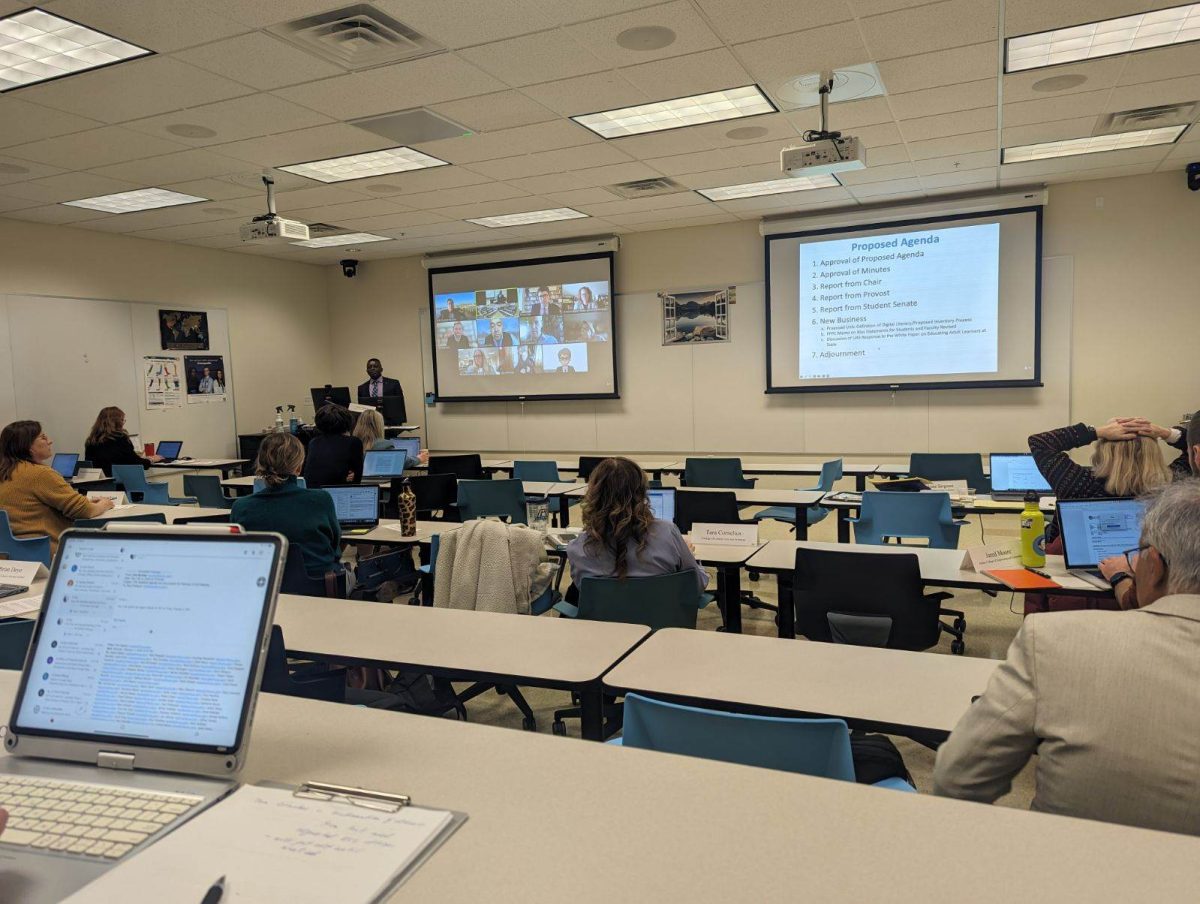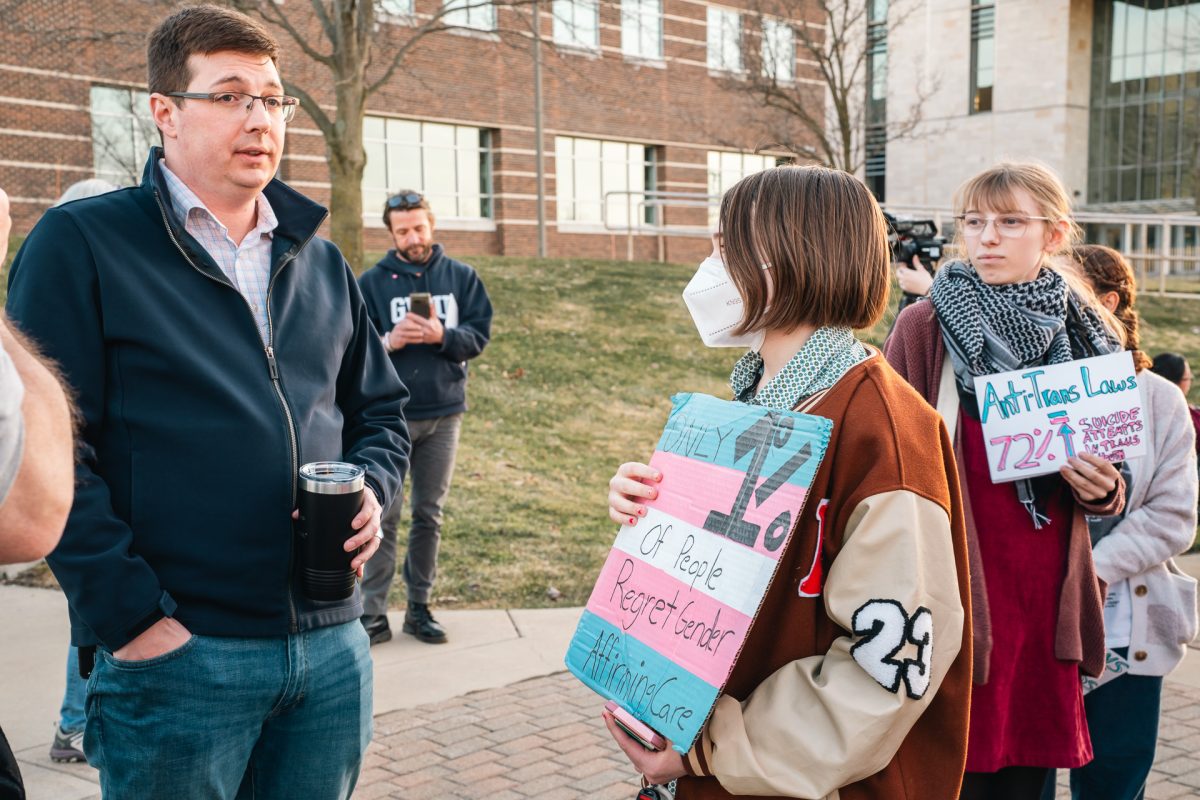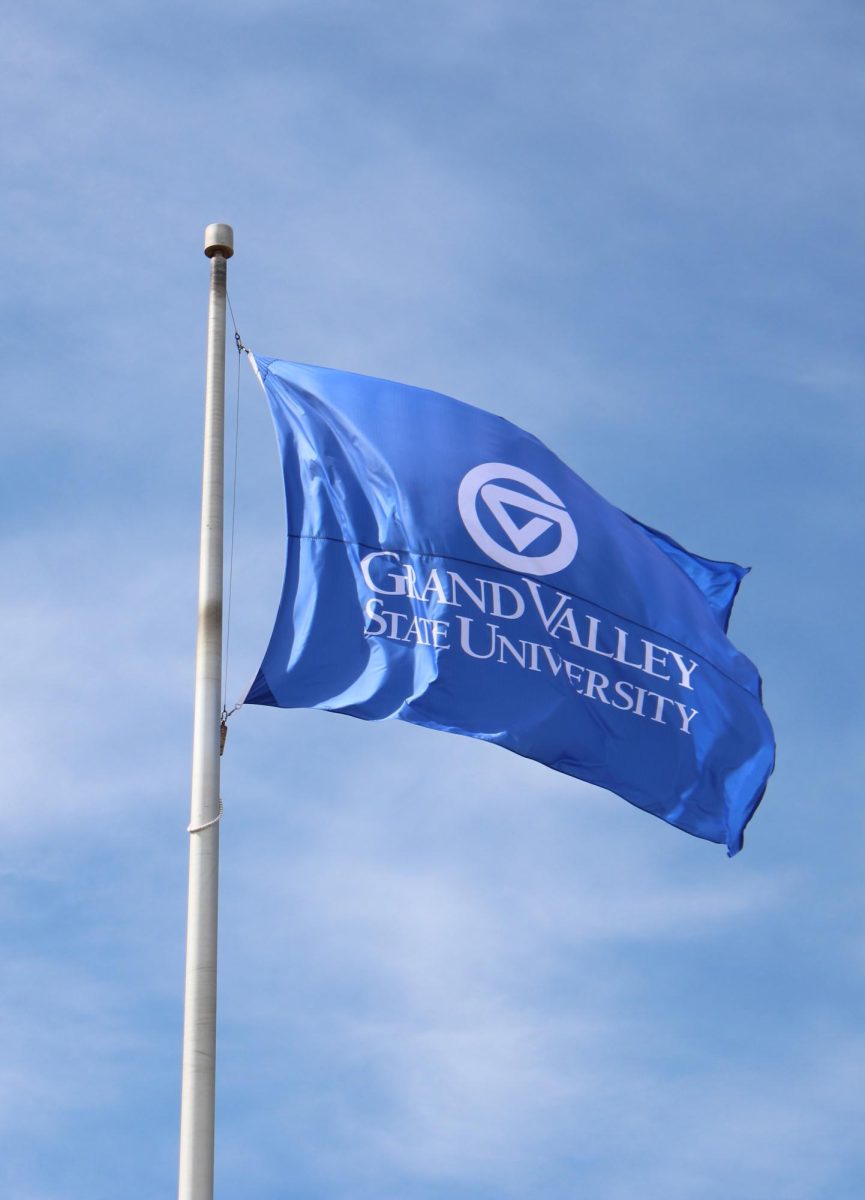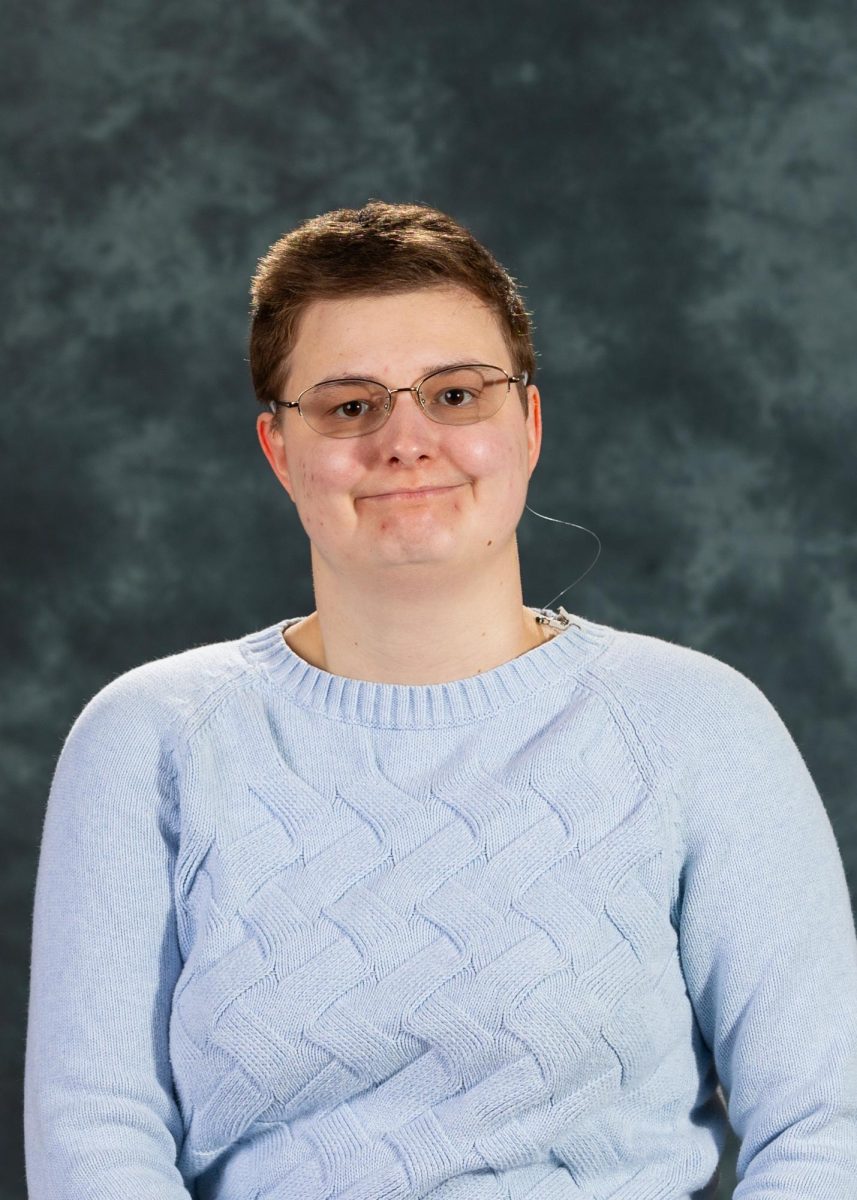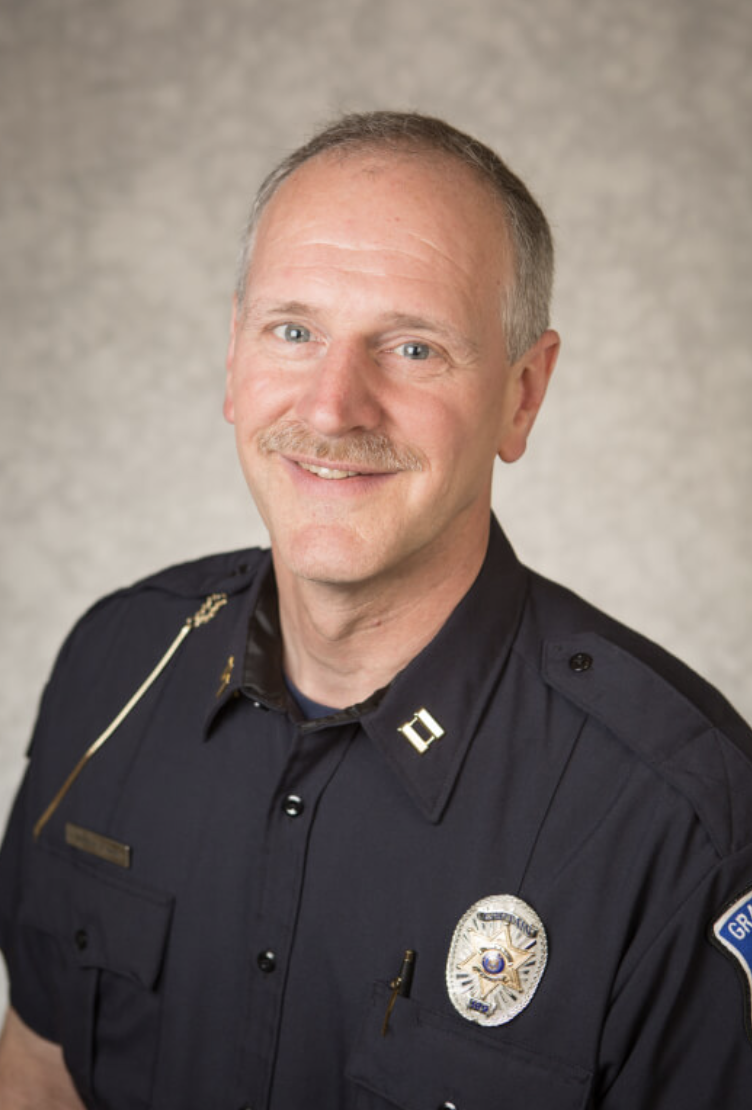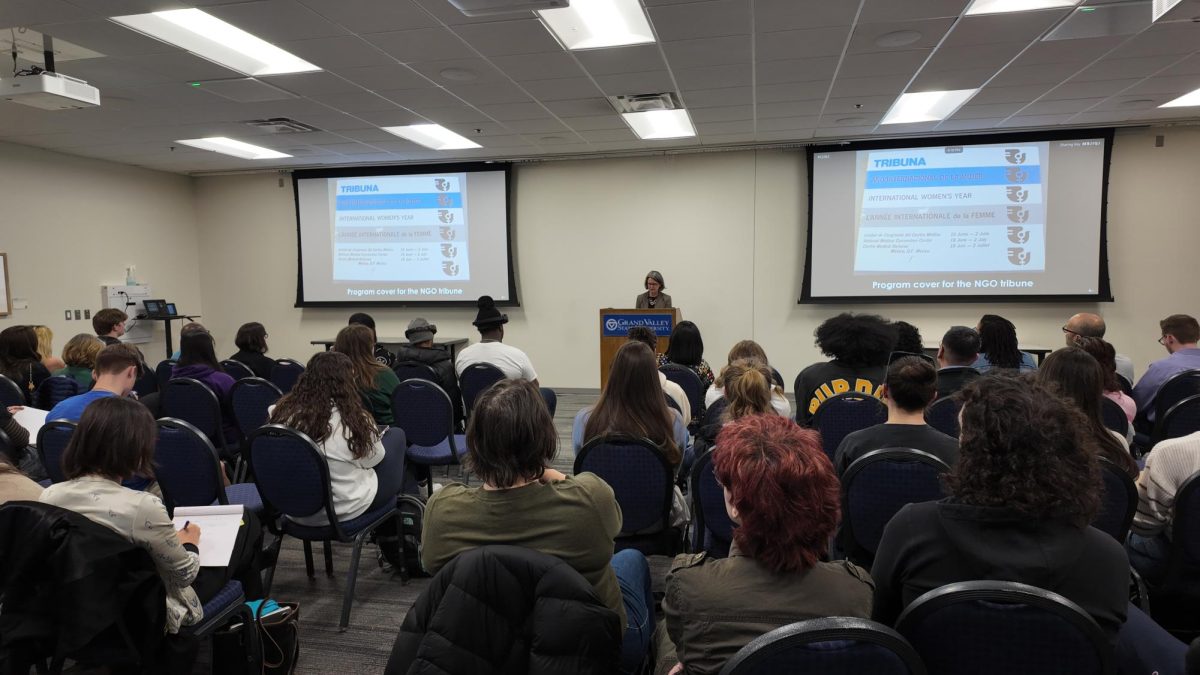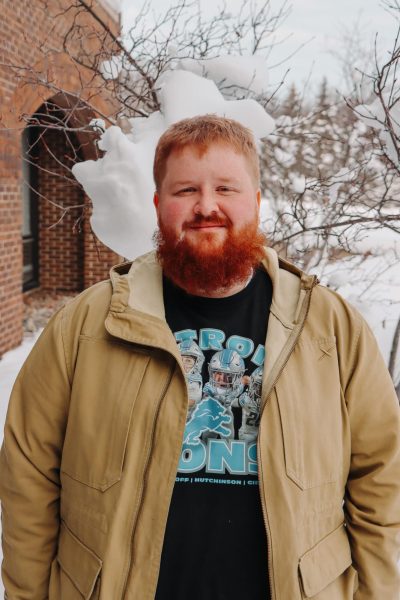Following last week’s Grand Valley State University Academic Senate (UAS) meeting that remained unfinished 15 minutes past their two-hour window, the UAS reconvened on Feb. 9 for an hour-long session at the Cook-DeVos Center for Health Sciences. The Executive Committee of the Senate (ECS) also met prior to the UAS, in a closed-session hearing.
In this shortened UAS meeting, representatives further expressed their dismay and frustration with administration about the lack of quality assurance regarding GVSU’s expansion of existing adult education programs. This frustration largely stems from the lack of transparency on behalf of GVSU concerning resource allocation for programs that will involve curriculum-based intellectual property created by faculty. By the end of the meeting, many UAS representatives walked away feeling as if they’re nothing more than an afterthought in the decision-making process about programs that will potentially involve their IP.
Provost Fatma Mili, Ph.D., Executive Vice President of Academic Affairs, also clarified several miscommunicated details surrounding the implementation of these programs. Mili said the unit being tasked with implementing the changes to GVSU’s adult education programs will be led by Kara Van Dam, vice provost for Graduate and Lifetime Learning. Mili also clarified that Van Dam is not introducing new programs to expand adult education, rather it will be an effort to improve existing initiatives.
Van Dam will work alongside the Division of Academic Affairs to expand the modalities and locations of existing GVSU adult learning courses and programs, reporting directly to President Philomena V. Mantella. Van Dam believes these efforts will address the current state of education deserts in Michigan, with increased access to higher education for adults throughout the state.
“Adults want frequent stops and starts to their progress, flexible modalities and programs that align with industry and profession standards,” Van Dam said to Forum.
Van Dam’s previous position as vice president and dean of the University of Maryland Global Campus (UMGC) School of Arts and Sciences saw her make efforts to help adult learners achieve a postsecondary degree through a predominately online format. Concerns were raised, however, regarding the efficacy of Van Dam’s mission to expand adult education access at GVSU. With a student population of roughly 55,000 and a graduation rate just over 21%, some representatives questioned whether Van Dam’s adult education background at UMGC is applicable to GVSU. GVSU a student population of about 22,000 students, which is less than half of UMGC’s student population, but triple the graduation rate.
Additionally, several UAS representatives expressed disappointment with the lack of input requested from faculty during the inception of Van Dam’s unit to expand adult education. Mili said Van Dam’s unit did not require approval via a Board of Trustees (BOT) vote, thus allowing Van Dam to start her work immediately.
“We’re not feeling like we’re part of the decision-making models as of late,” said Salvador Lopez-Arias, Ph.D., associate professor in GVSU’s School of Social Work. “That’s part of the frustration; that’s part of the burnout. We’re feeling powerless.”
Questions were also raised about the protection of intellectual property within the context of faculty-created curriculum and course materials. According to BOT policy 4.1.10.2, GVSU has the right to use material created by faculty even after the individual has left the employ of GVSU, so long as the person is given proper attribution. Furthermore, GVSU also reserves the right to modify this material, which several UAS representatives cited as a “major disconnect” between faculty and administration.
Similarly, UAS representatives were equally troubled by the prospect of adjunct professors within Van Dam’s program that would be tasked with implementing IP that they had no hand in crafting.
“What we know about good teaching is that we create curriculum, we teach it and then we revise it based on what works in the classroom,” said Amy Ferdinandt Stolley, Ph.D., associate professor of writing at GVSU. “What we’re really describing here is not really good teaching. We’re creating a sort of package of curriculum, and just sending it (the curriculum) off to other people who we don’t know and haven’t played a role in hiring to teach this curriculum to students in a modality or in a context that it wasn’t necessarily even originally created for.”
Risk-assessment and the urgency of Van Dam’s program were additional factors UAS said were particularly troublesome. Chris Haven, Ph.D., professor of writing at GVSU said a report sent to UAS representatives about the details of Van Dam’s plan to expand adult education failed to address many legitimate concerns raised by faculty.
“It’s a best-case scenario of how this program just inevitably seems like it’s going to work,” Haven said. “It appears as if a lot of these concerns that faculty have about risks were not in the report, and I’m concerned that they weren’t even considered. It seems like we have an opportunity with a little bit of a (budget) surplus this year, and I am afraid it is going to go to a program or programs that haven’t been properly vetted first.”
The UAS will meet again on Friday, Feb. 16 from 3-5 p.m. to discuss and answer questions raised about university admissions during the Feb. 2 UAS meeting.





